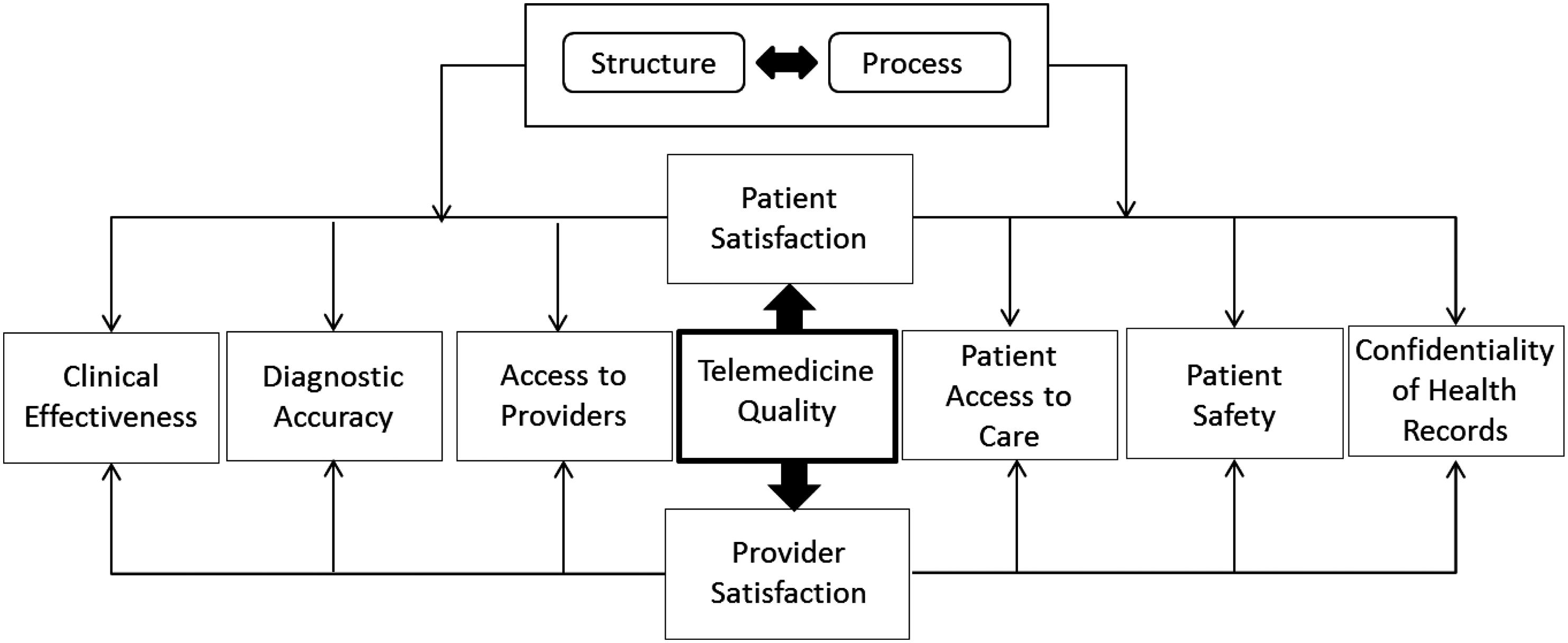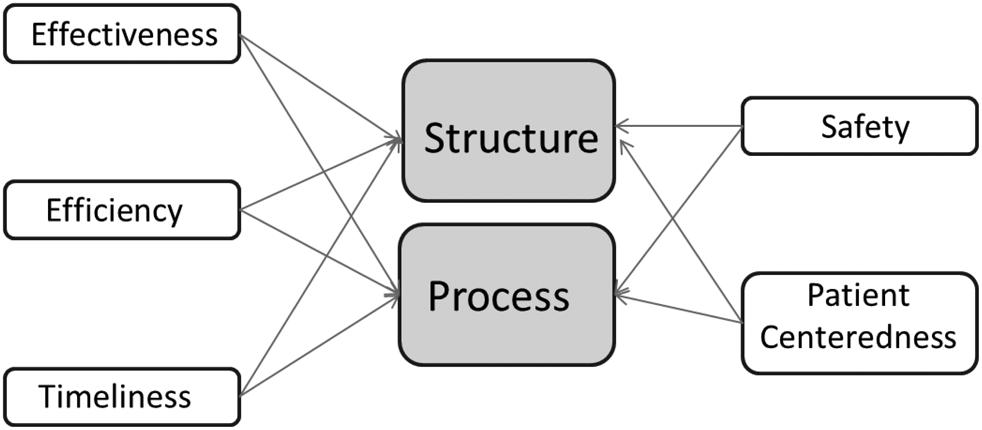
1 minute read
The Meaning of Digital
value-based, there is mounting pressure on hospitals and health systems to change the way they do business by improving quality of care, efficiency, and the patients’ experience. Hence, digital technology is helping many hospitals navigate healthcare’s changing landscape.
Digital refers to a broad range of technologies and applications that enable more efficient automation, better decision making, stronger connectivity with customers and other external stakeholders, and more advanced data-driven innovations. Digital technologies include electronic systems, devices, tools, and resources that generate, store, or process data. These include mobile devices, cloud computing, social media, multimedia, productivity technology, and interoperable systems. These technologies are deployed as intelligent processes that create a cycle of continuous improvement and feedback, as well as develop sophisticated models that allow people and software to make real-time adjustments and decisions. Digital technologies enhance our ability to identify opportunities for adaptation, analyze cost benefits, and then adapt quicker and more efficiently. Digital capabilities make it possible for intelligent processes to swiftly identify opportunities for improvement and for other digital technologies such as artificial intelligence (AI) and robotics to execute these changes quickly.
Advertisement
Most healthcare executives believe that quality healthcare can be achieved by leveraging information technology (IT) services and a digital platform. What remains unclear is where to invest, what technologies deliver the greatest benefits for patients and healthcare providers, and the corresponding return on investment. The key players in the healthcare ecosystem are beginning to recognize the value of digitization and digital transformation. They are visualizing digital transformation in the context of enhancing patient-centeredness, improving productivity and the employee experience, and finding new ways of delivering care. Newer digital technologies such as mobile apps, social media, smartphones, big data, predictive analytics, and the cloud, among others, touch the patients directly and in that process create value while increasing revenue. In the aggregate, digital healthcare and healthcare information technology consist of four key areas (i-SCOOP, 2016):
1. Electronic medical records (EMR)/electronic health records (EHR)—digital versions of patients’ medical history (patient chart); tied to a specific practice





